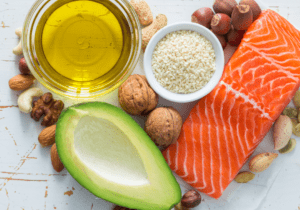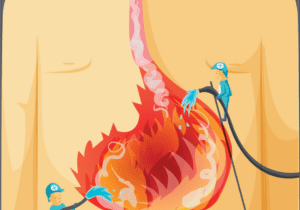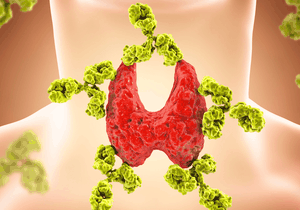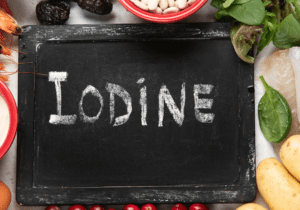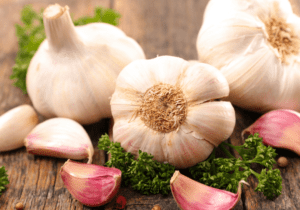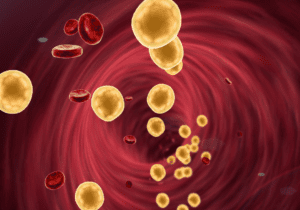The Problem with Gluten
I’m usually a calm and mild-mannered person, but I have to admit I’m really starting to dislike the word gluten. Even the way it sounds is irritating me these days, and much more since it appears to be on everybody’s lips. To make matters worse everywhere you turn you get slammed with gluten-free this and gluten-free that, all designed to lull you into believing that you can continue to eat your way through a carbohydrate-loaded diet without repercussions, but that’s a topic for my next article. So back to gluten although I much prefer the term gliadin, the scientific name for the nasty protein present in nouveau wheat, rye, and barley. Why nouveau? Because there is nothing resembling the wheat of our fathers in today’s grain except the name.
Haven’t you noticed that everyone seems to have a problem with gliadin these days? No matter whom you speak with, they or someone they know is on a gliadin-free diet. Is this new trend just a passing fad or truth? And if true, then why has food that has nourished and sustained us for centuries suddenly become poison to our systems? Perhaps we should answer that by looking at evolution. It has taken the human race thousands of years to evolve into modern man and woman, cellular changes that occurred in response to environmental and dietary changes over millennia. With the advent of scientific innovations and agricultural tinkering, normal evolutionary changes in dietary staples that would take hundreds of years to develop are instead being made in a laboratory at record speeds. As a result, our digestive tract is unable to keep up with the new grains. These man-made grains have been combined in a process known as hybridization to the point that their genetic makeup no longer resembles that of their parent grains. The other problem with these genetically enhanced grains is that they now have a much larger complement of gliadin and its associated proteins. This unfortunate turn of events means that the grains you, your parents, or grandparents probably ate 50 or more years ago are not what graces your table today. The attempt to feed the masses has created a nation of massively obese, diabetic, cardiac patients with bad digestive systems and autoimmune diseases.
So what’s the big deal? I always preach eating everything in moderation right? True, but when it comes to wheat there is no such thing as moderation. Wheat proteins, aka gliadin, and their derivatives are included in so many of the commonly consumed foods today that you cannot escape them. To make matters worse, wheat proteins and starches can be found in such unlikely places as envelop glue, and lipstick, which by the way is the single greatest source of lead in women. That’s not all, the derivatives of gliadin include proteins that affect the brain much the same way as heroin, while others resemble our brain and glandular tissue, in particular the thyroid. Excessive gliadin intake has been shown to cause inflammatory changes in the pancreas that can increase the risk of diabetes and pancreatitis as well as damage the lining of the gastrointestinal tract. There is so much more I could tell you, but I am running out of room. Suffice it to say that if your diet is high in the gliadin-containing grains wheat, rye, spelt, and barley as well as their derivatives, you might want to think about making a change.
This information might help you decide, a 2009 study on military personnel found the incidence of celiac disease increased 7 fold from 1948-2009. This did not even include the individuals with Non-Celiac Gliadin Sensitivity. It is estimated that about 18 million Americans have some degree of gliadin sensitivity, of those about 50% have no gut symptoms. Are you one? Then it’s time to change your diet and Stay Healthy!

